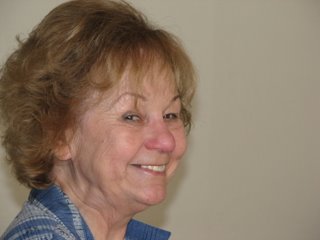Redbone and ProudAcceptance of the word "Redbone" is not something imposed from outside
by others. We've rejected that approach for as long as we've heard
the word. Don and LV just reenacted the gunfight at Smokey Grove.
Don uses the term like someone in the dominant culture as simply a
descriptive noun. LV responds with the Al Pacino line, "you talking
to me?" Amos knew who and what the guy meant when he said "where are
those Redbones?" Didn't like it one bit, but he knew who the guy was
talking about.
The thing is, Redbones have never had a sense of group identity with
each other much beyond family lines. Just because someone calls you
something doesn't make you one. If enough people call me a bastard,
do I start looking for a club to join? Do I substitute their opinion
of me for my own?
Our families lived for 200 years with the one-drop rule. It didn't
matter how many times they made us write FPC, Free Negro, or Mulatto
on the blackboard, we have always seen ourselves White. Why? Because
we didn't have any other option. We were simple people trying to get
by the best we could. I'm sure if any of my ancestors realized that
embracing our Indianness would get their decendants a casino, they'd
have worn paint and feathers, but they didn't.
Look at the Caine River Creoles. Compare their status to ours
starting in 1800 and ending at 2000. What's the biggest difference
between their demise and our success? We have n
ever agreed that we were anything other than White mixed with Indian. It's been bred into
us. Am I in denial, or am I being loyal to my ancestors? Here's the
thing: in theory, I'm okay with having a black ancestor. Show me the
proof. If you can't stand up in a conference of genealogists and
prove it, then don't bother me with it. Until you can prove my oral
history wrong, leave me alone. I'm an Indian-White mix who is
White-identified. I will not dance to contemporary theories on the
graves of my ancestors.
The movement to rehabilitate the word and to build a positive
association to it has already begun. I didn't begin it and no one in
this room began it, but I do enjoy talking about it. Before I'm
through I'm going to have a book of my own right next to Don's on that
shelf of Redbone literature. It'll probably be mostly bullshit, but
that won't make my mother any less proud of me.
Redbones exist. Not everyone who thinks they is is, and not everyone
who thinks they ain't ain't. I'm an Internet Redbone myself. If I
lived on Bearhead these days they'd probably burn me out. Those
people down there have always been "rascally and treacherous."
